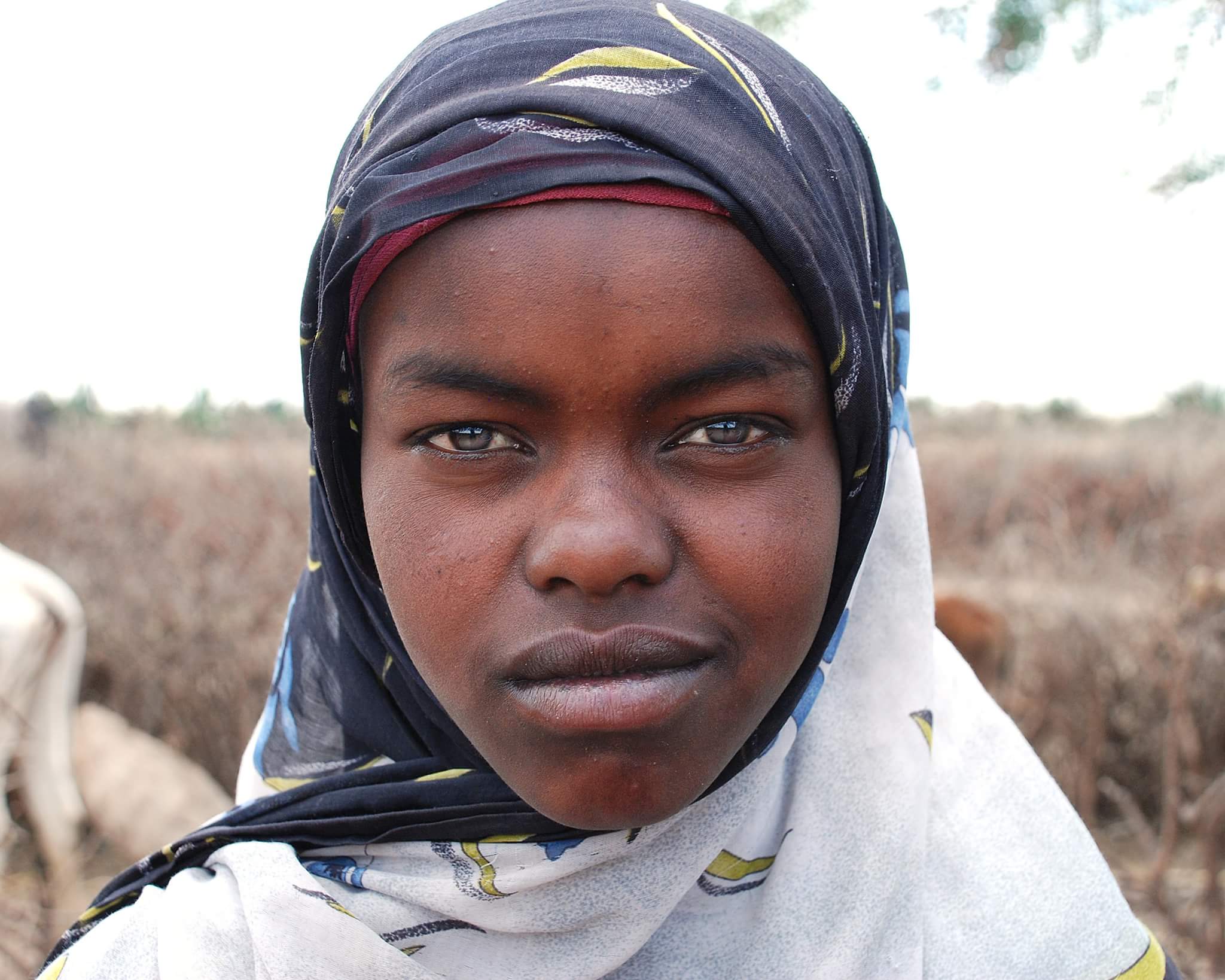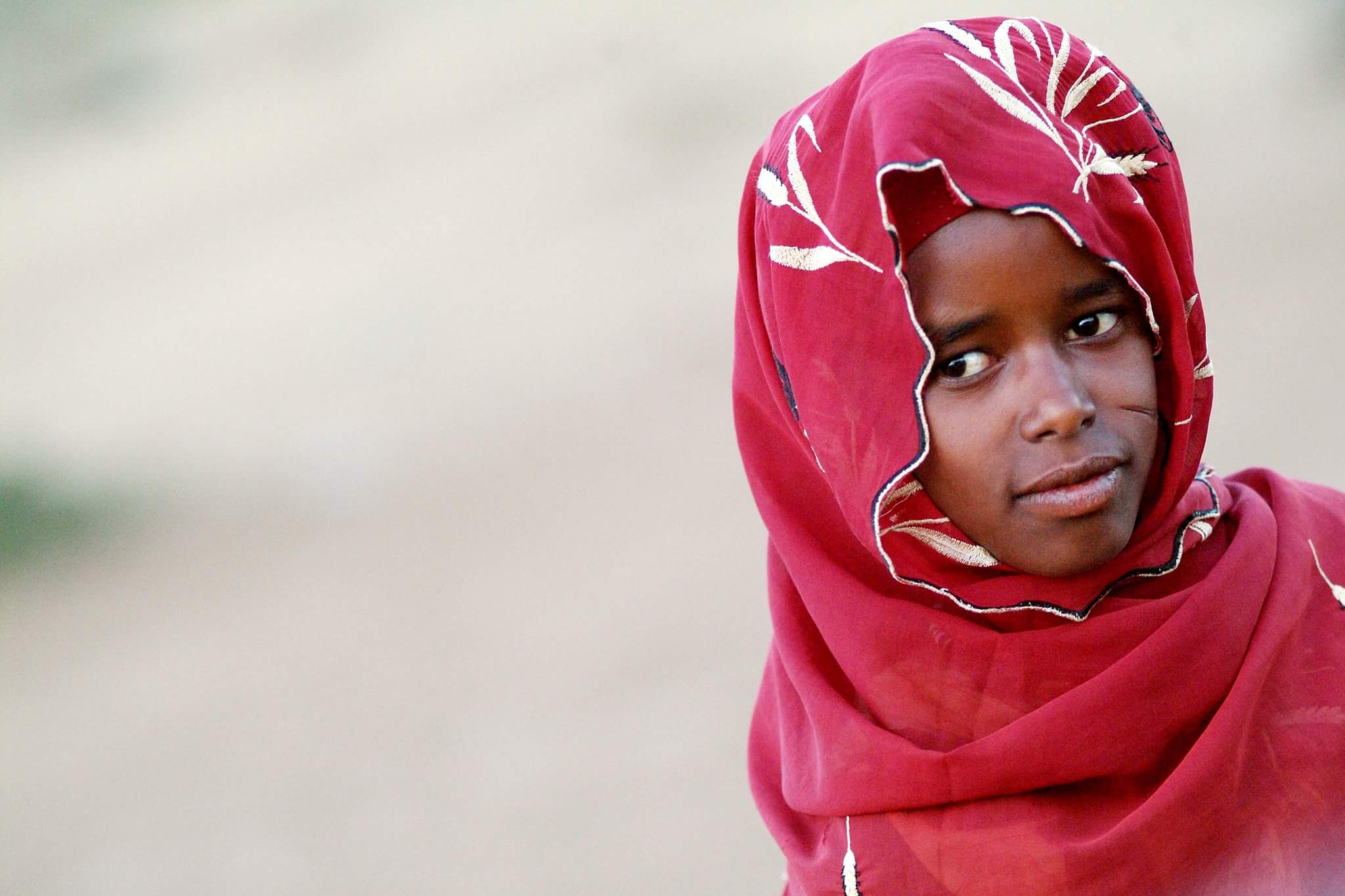Ethiopia: A Desert Land
Stories from the desert of Ethiopia on the Somali border
field notes: Ethiopia
Me and my friends in the Ethiopian desert riding on top of the Land-Cruiser. photos by Wayde Peronto
Sometimes I am reminded of that line from the Lord of the Rings that Bilbo gives to his nephew Frodo, “It's a dangerous business, Frodo, going out your door. You step onto the road, and if you don't keep your feet, there's no knowing where you might be swept off to.”
Granted I have not been to Mordor and back, but I have been to some breath-taking, far flung places pursuing unique and challenging stories. This one happened to be all the way to the edge of Ethiopia near the Somali border. We were going into a semi active war zone this time, and hoping to tell the stories connected with an NGO working with adult education and training as well as aiding in organizing famine relief.
I was with a few friends and we were traveling light. My job was to document all I could as well as do some interview-style work. In this environment it would not be the easiest. There was unrest at the border and a rather steady stream of military vehicles were going through town on their way to the border just out of view. Needless to say, the atmosphere was a little tense.
We spent a few days in and around the small village, seeing how the people lived and what the issues were. The water for the village came from a number of wells drilled and topped by a hand pump. The water was then put into small tanker carts that were pulled by donkeys around town. There was running water, but it ran only as fast as the donkey that carried it… From the donkey cart it was distributed into jerry cans or other containers for use in the homes. Quite the system!
The first day we were in town our host took us to his favorite local restaurant for lunch. We arrived into the courtyard and one other vehicle was already there. As we walked into the inner courtyard our host remarked that one of the local “big” men, or leaders, was eating there at the time. I didn’t have to wonder how our host knew this as he motioned to the “big” man’s guard who sat by the door, complete with head turban and loaded AK47. Yes, I was not in the western world anymore… We politely nodded to the man with the big gun as we filed past him and into one of the empty eating rooms.
Instead of getting a booth at a restaurant, there each group got their own room. The seating was around the walls and the food was then brought on trays and placed on the floor in the middle of the room, while we reclined around the walls. The meal of the day was roasted goat along with fermented bread and some other delicacies, not all of which I could identify. By the time I left Ethiopia I had eaten at least the equivalent of one full-grown goat all by myself. How’s that for a healthy diet?
One day we visited a few of the small schools that this NGO was helping to facilitate way out in the desert. Getting there was quite the trek across the desert in the Toyota Land-cruiser. For a bit of the time my friends and I were sitting up on the roof-rack of the vehicle to take in the view, which was flat in all directions. All we could see was gravel, sand and stone. Our host said we would stop in the shade for lunch. I had no idea what he was talking about; I couldn’t see a tree anywhere on the horizon. I couldn’t even figure out how he knew where he was going because there were no roads, no signs, and no discernible landmarks that I could see. The only sound was the muffled rumble of the Land-Cruiser’s diesel engine. The air was so dry I could almost feel the crackle of static electricity in my fingers, and a fine film of powdery dust coated everything. As far as the eye could see there was just… nothing… and lots of it.
After hours of driving we saw something on the horizon. We neared the thing we had seen only to find that it was literally the only “tree” in sight. Our host had found the proverbial needle in the haystack, or the one tree in the vast desert. We stopped under the straggly canopy that this poor small tree provided and had some lunch, after which we set off again to the next village.
Water… without it life can not be sustained. The people I was visiting live in a place with so little rainfall and so few natural water reservoirs that they must travel great distances to find water and then transport that water back to their families. The independant spirit of these people is fascinating and challenging. Being with them also gave me a new appreciation for the part that family and clan play in the lives of so many people in this world. In the west it is difficult for many of us to remember the names of our great grandparents, but in this culture that I was working in your lineage was everything. It was your whole identity, your protection, and your means of survival in a harsh land. Water, land, trade, and power were controlled by clan. If you are not in the right one, you will have an uphill battle all of your life, with almost no way to change that.
Education can be a means of escaping poverty for so many. Here in this place so far from “civilization,” people were taught practical skills and given an option for a better life. One of the big pushes was the education of girls and women. In the traditional society in this region it was not thought that women were capable of learning like a man, so the opportunity to learn was never extended to them. This NGO was teaching reading, writing, and life skills to women and girls to give them many more options as to what to do with their lives. It was exciting to sit in the courtyard of the community center and watch small groups of ladies reading to each other from well worn books. The pride they showed in what they were learning and the hope on their faces was impossible to miss.
Stories of hope, stories of change, but also stories of hardship, of famine, of the search for hope and joy. These are the stories the world needs to hear. These are the stories that I want to be a part of telling. Telling these stories well requires sitting where these people are, having eyes to see the raw, unedited reality of life, and then, with dignity, honor, and gentle artistry, providing a visually engaging format for the story to be experience. This is what brings me to life.





